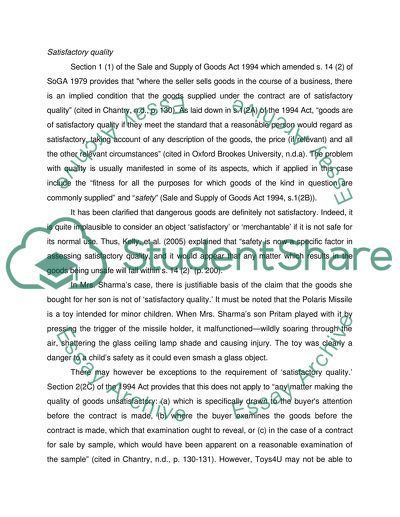Cite this document
(How Amanda Sharma Bought from Toys4U the Polaris Missile Case Study, n.d.)
How Amanda Sharma Bought from Toys4U the Polaris Missile Case Study. Retrieved from https://studentshare.org/law/1562915-law-for-business
How Amanda Sharma Bought from Toys4U the Polaris Missile Case Study. Retrieved from https://studentshare.org/law/1562915-law-for-business
(How Amanda Sharma Bought from Toys4U the Polaris Missile Case Study)
How Amanda Sharma Bought from Toys4U the Polaris Missile Case Study. https://studentshare.org/law/1562915-law-for-business.
How Amanda Sharma Bought from Toys4U the Polaris Missile Case Study. https://studentshare.org/law/1562915-law-for-business.
“How Amanda Sharma Bought from Toys4U the Polaris Missile Case Study”. https://studentshare.org/law/1562915-law-for-business.


